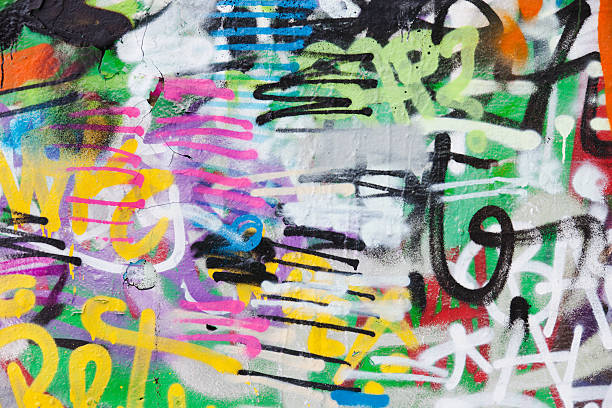Beyond Selfies: The Sociological Significance of Self-Documentation in the Digital Age
The digital age has made self-documentation a ubiquitous part of our lives. From sharing updates on social media to creating vlogs, we are constantly curating our identities online. But what does this mean for society at large? Read below as we delve into how this cultural shift is influencing our identities and societal structures.

A Historical Overview of Self-Documentation
Self-documentation is not a new phenomenon. From ancient cave paintings to personal diaries, people have always sought to record their existence and experiences. However, the advent of digital technologies has significantly amplified this practice. It has democratized self-expression, allowing anyone with an internet connection to document and share their lives with the world.
The Rise of Self-Documentation in the Digital Age
With the advent of social media platforms like Facebook, Instagram, and Snapchat, self-documentation has become a daily activity for many. These platforms encourage us to continually update our statuses, share photos, and even document mundane moments of our lives. This constant sharing has given rise to a culture of self-surveillance, where we actively curate our online persona and monitor how others perceive us.
The Sociological Implications of Self-Documentation
The effects of this self-documentation culture are far-reaching. On one hand, it allows us to construct and assert our identities in new ways. On the other hand, it can foster a culture of comparison, where we judge our self-worth based on the perceived success of others. Moreover, it has implications for privacy and security, as our personal information becomes more accessible and vulnerable to misuse.
The Self-Documentation Culture and Societal Shifts
As self-documentation becomes more prevalent, it is inevitably shaping our societal structures and norms. It has altered the way we communicate, form relationships, and perceive ourselves and others. It is also influencing our concepts of privacy, authenticity, and self-worth. As we navigate this digital era, it is crucial to understand these shifts and their potential impacts.
Moving Forward: Balancing Self-Expression and Privacy
Navigating the digital age requires a careful balance between self-expression and privacy. While self-documentation offers opportunities for self-discovery and connection, it also raises concerns about oversharing and data misuse. As we continue to document our lives online, it’s crucial to consider how we can do so responsibly and ethically.
In conclusion, the rise of self-documentation in the digital age has profound sociological implications. It is reshaping our identities, societal norms, and notions of privacy. While it offers exciting opportunities for self-expression and connection, it also prompts critical questions about privacy and authenticity in the digital age. As we continue to navigate this digital landscape, understanding these dynamics will be key to creating a more inclusive and ethical digital society.




